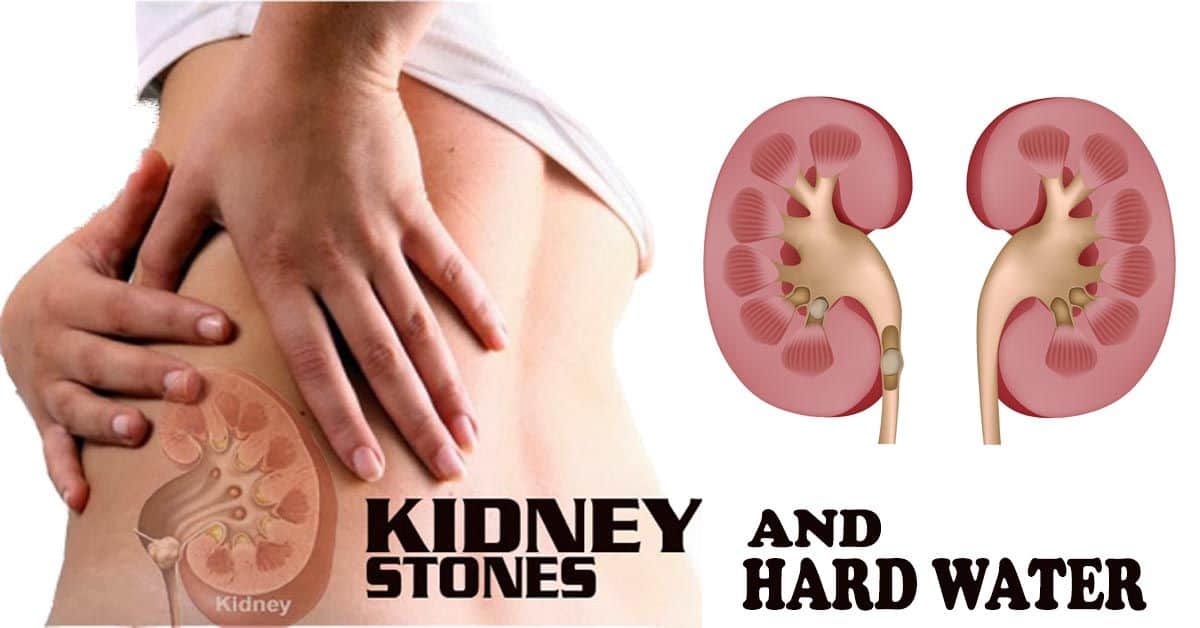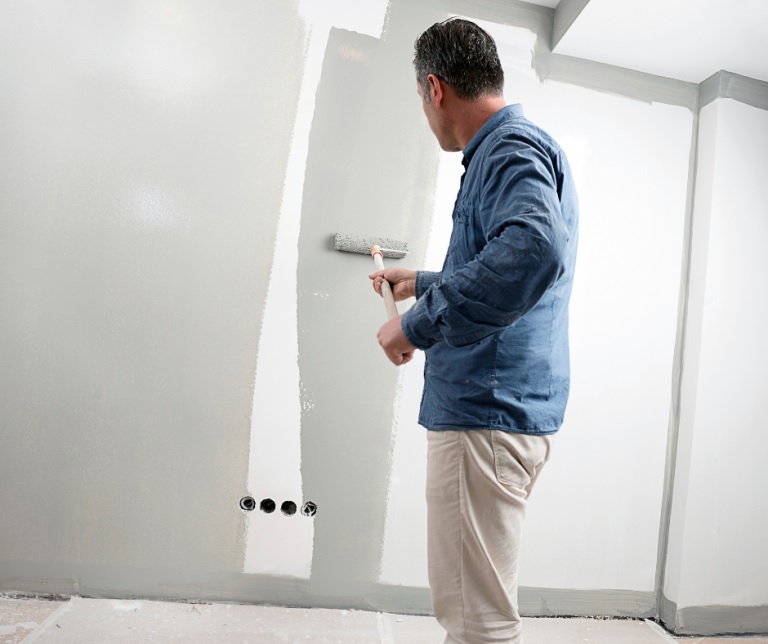
Dehydration is a common issue that affects millions of people each year. It occurs when the body loses more fluid than it takes in and can lead to various health problems. One of the most common conditions that are associated with dehydration is the formation of kidney stones. Kidney stones are solid deposits of minerals and salts that accumulate in the kidneys and can cause excruciating pain when passed through the urinary tract. However, the link between dehydration and the formation of kidney stones is not always clear to most people. The truth is that dehydration can significantly increase the risk of developing kidney stones, and it is crucial to understand how it contributes to this condition.
Water, water everywhere, but not a drop to drink?
Water, water everywhere, but not a drop to drink? You’re in trouble! As it turns out, dehydration is a kidney stone’s best friend. When your body doesn’t have enough water, your kidneys have a harder time removing waste and maintaining proper fluid balance. This can cause minerals and other substances to build up in your urine, eventually forming a stone. But fear not, there are solutions to this pesky problem!
Sweat it out, and you’ll regret it later!
Looking to shed some sweat and get in shape? Just don’t forget about hydration! The truth is, dehydration can lead to some nasty consequences, one of which is kidney stone formation. It’s a common misconception that kidney stones come from too much calcium in your diet, but did you know that dehydration can actually accelerate their formation? That’s right, when you sweat it out and don’t replenish your fluids, the salt concentration in your urine can soar, increasing your risk of calcium-oxalate kidney stones.
Thirsty for more knowledge?
Are you thirsty for more knowledge about the link between dehydration and kidney stone formation? Here’s an interesting fact to quench your curiosity: drinking enough water can actually prevent the formation of kidney stones. That’s right – staying hydrated is key to staying healthy and preventing painful stone formations in your kidneys. But what happens if you’re already experiencing symptoms of kidney stones despite your best efforts to stay hydrated? That’s where ureteroscopy comes in. Wondering what is ureteroscopy? It’s a minimally invasive procedure that uses a small scope to examine and remove kidney stones, ensuring that painful blockages don’t interfere with your health and well-being.
Conclusion.
It’s clear that dehydration is a key factor in the formation of kidney stones. The kidneys function to keep our bodies hydrated by filtering waste and absorbing water. When we don’t drink enough water, they aren’t able to function properly, leading to the buildup and crystallization of minerals, which can result in painful kidney stones.

